By Andrew Bard Epstein, Jacobin Magazine
Scholar and activist Glen Coulthard on the connection between indigenous and anticapitalist struggles
In March 1990, armed warriors from Kanesatake — one of several Mohawk communities in Canada that constitutes the eastern-most nation of the Haudenosaunee Confederacy — erected barricades to prevent the further extension of a private golf course into their land. When a police invasion four months later ended in the death of an officer, nearly three thousand Canadian soldiers descended. Mohawks from Kahnawake blockaded the Mercier Bridge into Montreal in solidarity. A seventy-eight day standoff ensued.
For the Canadian state, this indigenous revolt — known in colonial memory as “Oka Crisis” — was one of the largest and most expensive military operations in the last half century. “From the vantage point of the colonial state,” scholar and activist Glen Coulthard writes, “things were already out of control in Indian Country.” Indeed, the late 1980s witnessed frequent eruptions of indigenous militancy across Canada’s claimed territories in defense of land, culture, and nationhood.
For much of Canadian history — and that of the United States — resistance to settler colonialism was met with swift and brutal violence; “quieter” years brought programs of coercive, genocidal assimilation. But over the past decades, and especially in the aftermath of the confrontation near Oka, the field of battle seemingly softened.
Government committees formed to study the “problem.” Kinder words were spoken. Historical wrongs were acknowledged. Money was spent. And a new paradigm came to govern Canada’s “Aboriginal Affairs”: recognition and reconciliation.
Through commissions, courts, and councils, the Canadian state began acknowledging certain cultural rights, limited forms of political sovereignty, and some claims to land — but only so long as they didn’t interfere with the accumulation of capital or the extraction of resources. In 2008, Stephen Harper even issued an apology of sorts for the treatment of indigenous children in Canadian residential schools — but soon reminded his countrymen they had “no history of colonialism.”
Coulthard rejects such overtures. A member of the Yellowknives Dene First Nation and a professor at the University of British Columbia, Coulthard’s new book, Red Skins, White Masks, is an incendiary tract of anticolonial theory and a manifesto for renewed land-based action.
Expanding on Frantz Fanon’s inquiry into the damaging effects of colonial “misrecognition,” Coulthard calls for a “disciplined maintenance of resentment,” a “politicized anger” that refuses to demobilize in the face of unceasing colonial expropriation no matter what tone it takes.
Andrew Bard Epstein spoke to Coulthard last month about his book, his critical deployment of Marxist analysis to understand and combat Canadian settler colonialism, and the relationship between indigenous struggle and the non-native left — which remains far more advanced in Canada than in the United States.





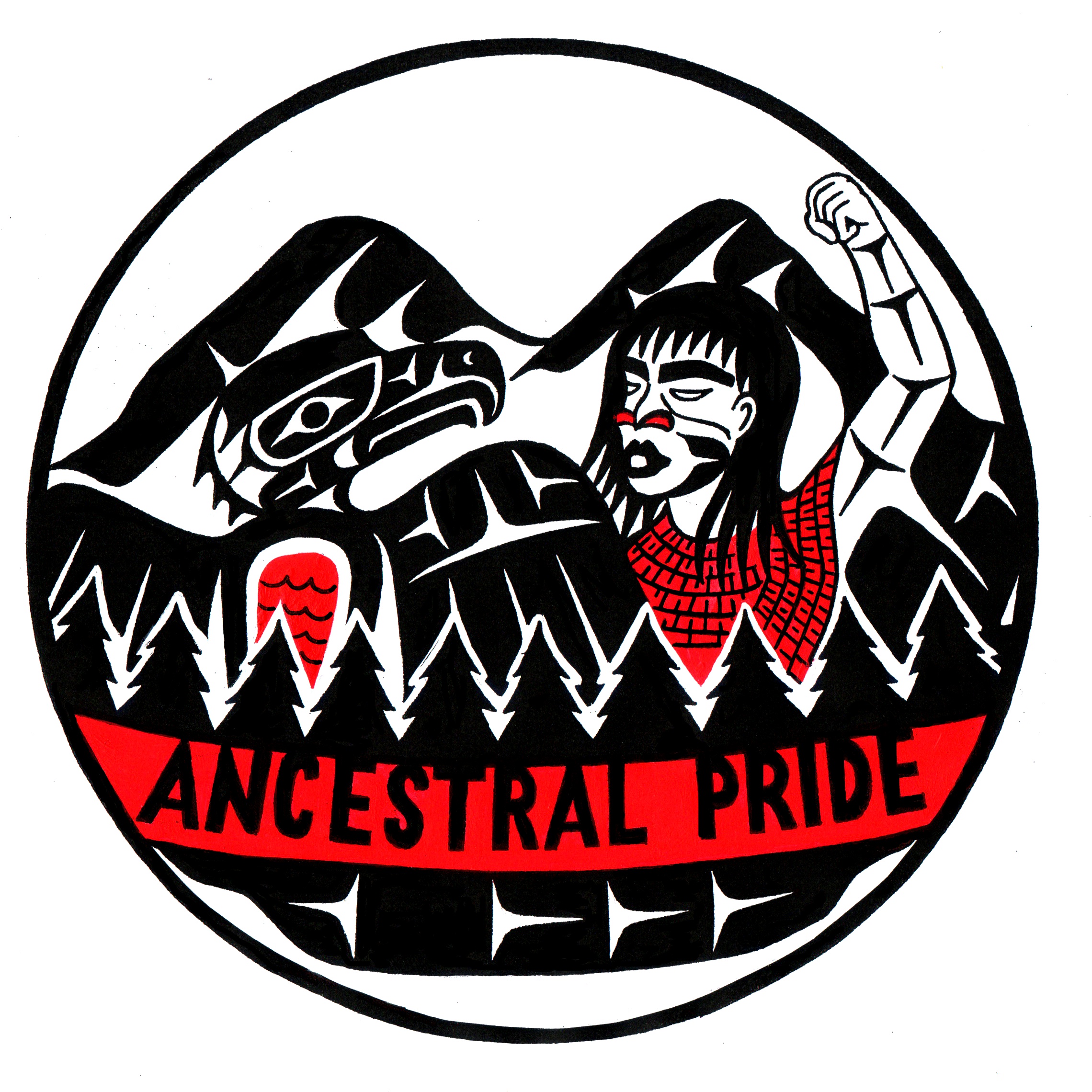





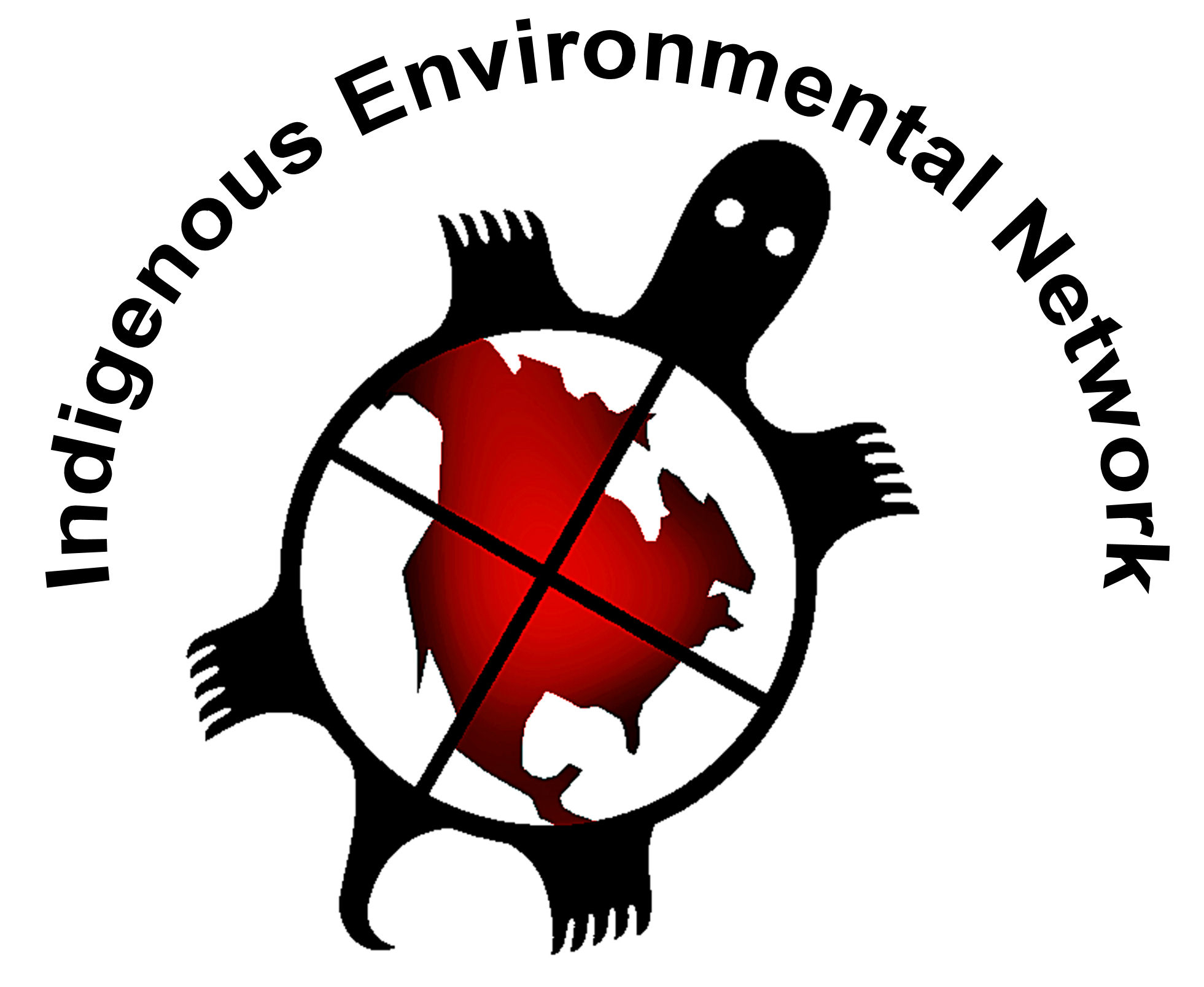


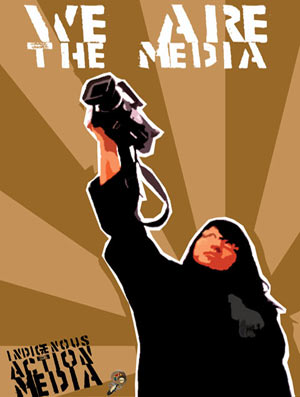





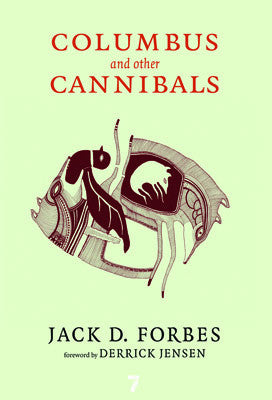
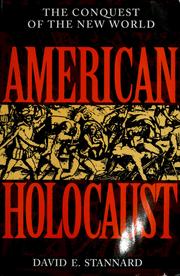






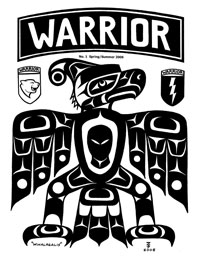


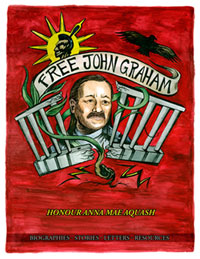



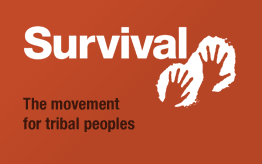


Reblogged this on ANTIFAFOREVER and commented:
making connections between struggles is so important.
Reblogged this on League of Bloggers For a Better World and commented:
In depth article on modern day colonialism. Powerful.